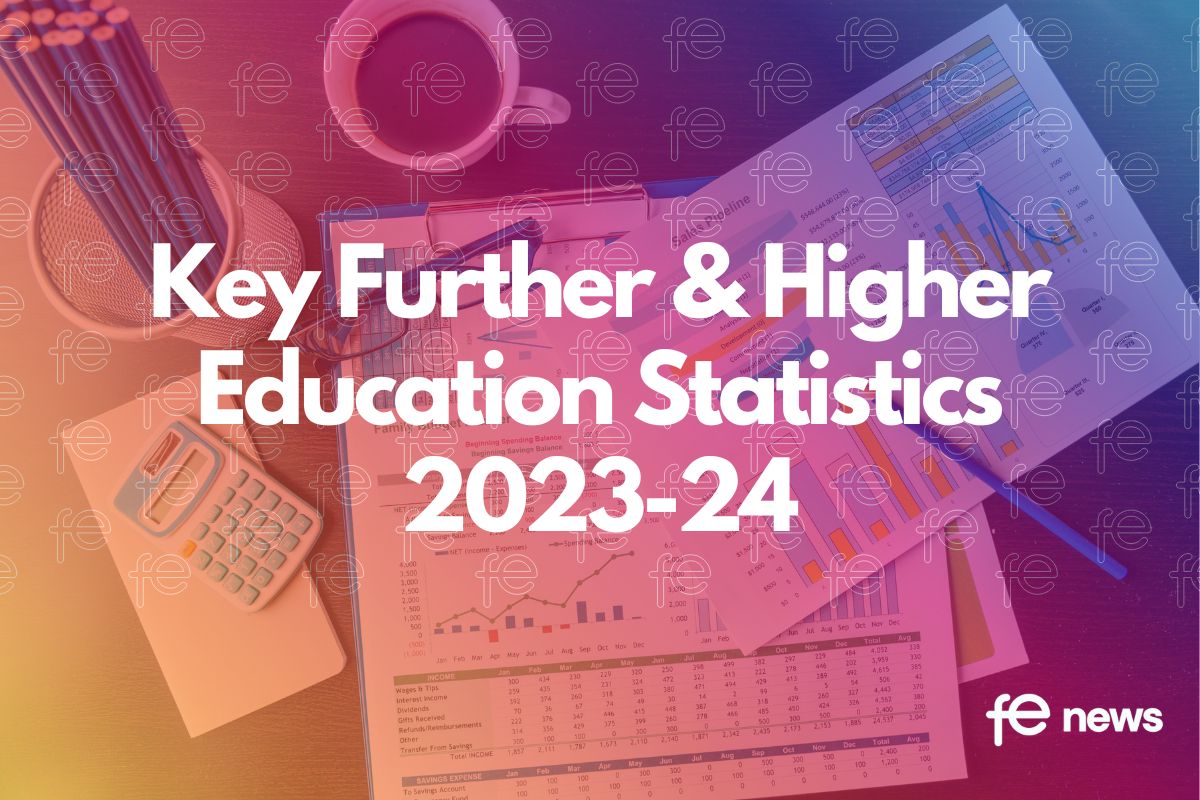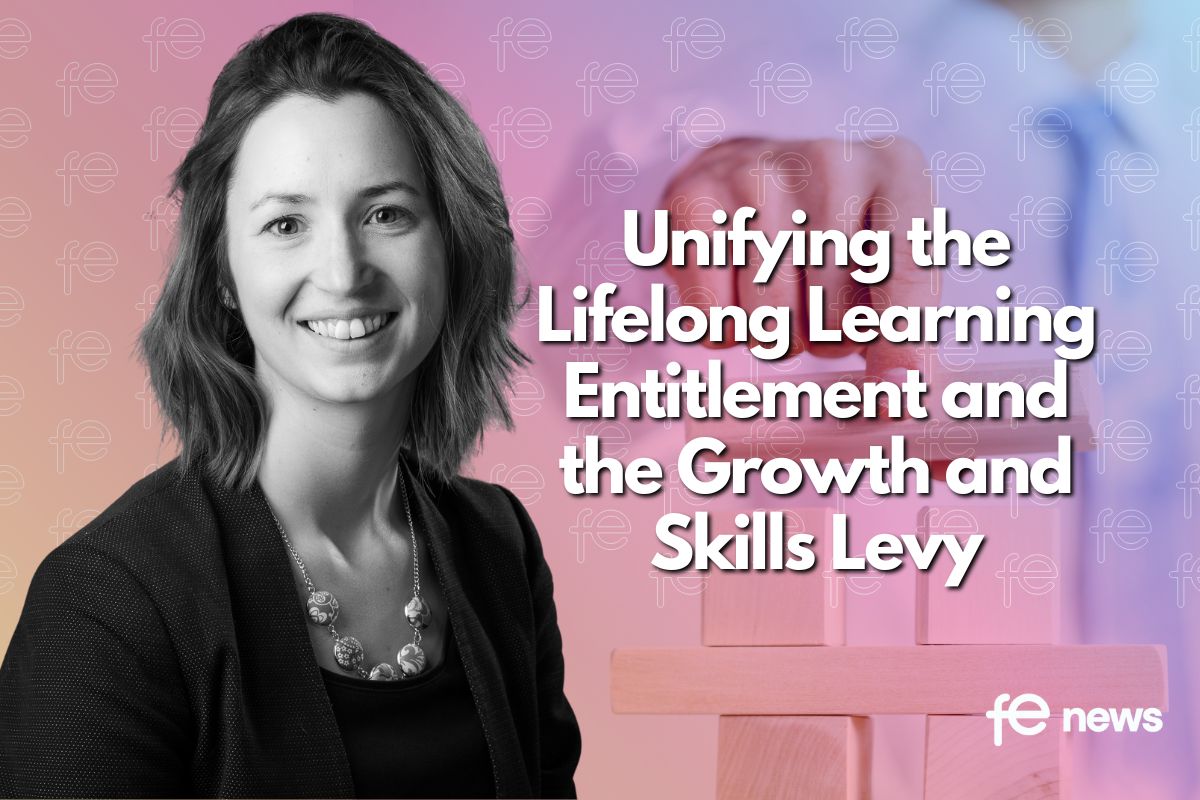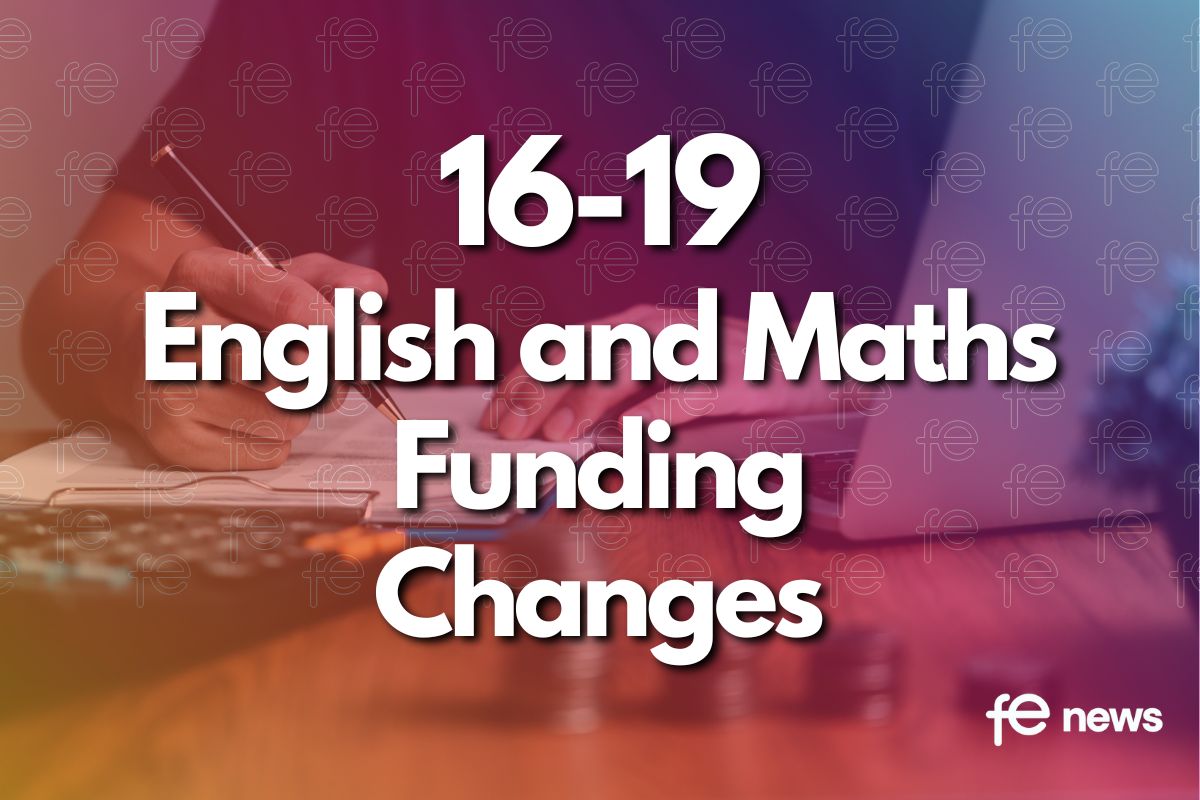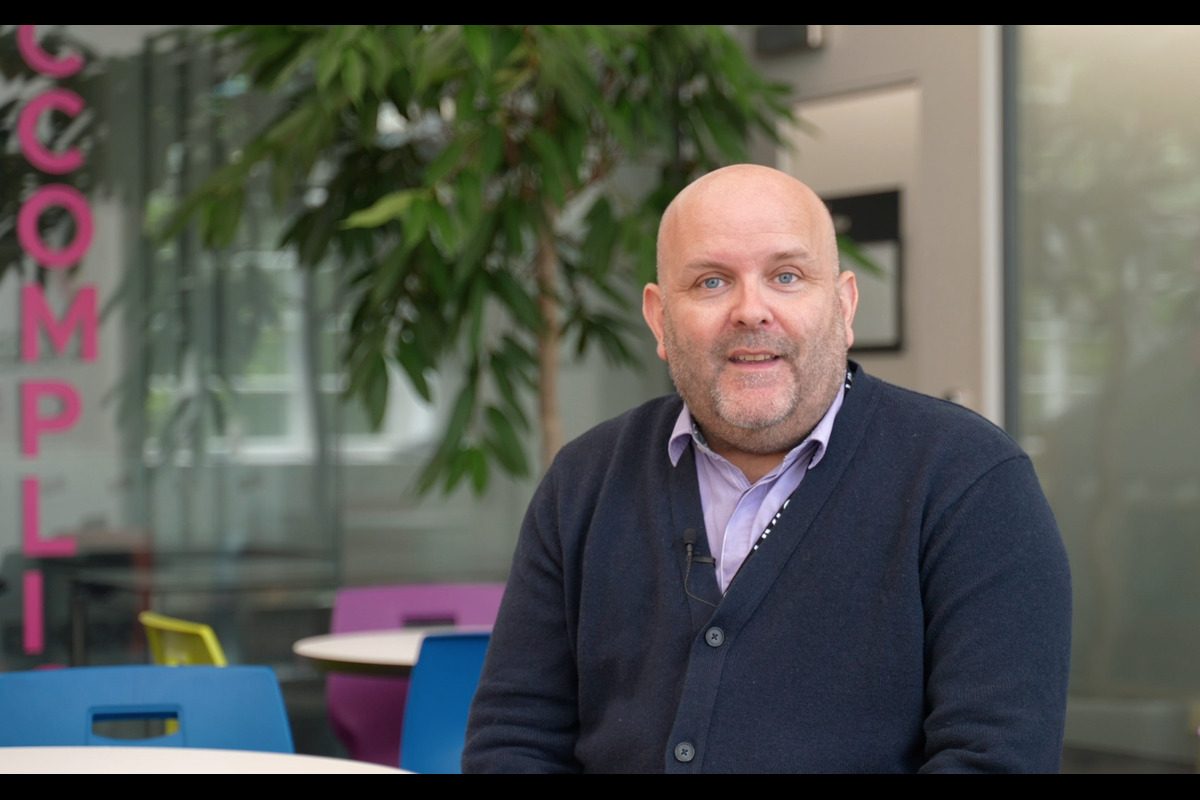Four in Five Students Stressed About Debt Repayments

- Four out of five (79%) students and graduates feel stressed about paying back debt they accumulated while studying
- Over two thirds (68%) utilise credit while studying, with credit cards (30%) being more popular than arranged overdrafts (26%)
- Nine out of 10 (93%) felt they were given sufficient information about the interest incurred by using a credit card when they signed up
- Over half (56%) of students are able to pay back their credit card borrowing in three months or less
- A quarter (25%) believe it will take them over a year to pay back their overdraft, despite a similar number (24%) wishing for a larger overdraft from their bank
- Although 80% of students and graduates have received financial support from family in the past, almost half of families (44%) have had to reduce their help.
In a recent study by Forbes Advisor, the financial guidance and price comparison platform, students and graduates were asked about the debt they accumulated while at university, beyond their tuition and maintenance loans.
The survey revealed that four out of five (79%) students and graduates feel stressed about paying back their borrowing.
Over two-thirds (68%) of students utilise credit while studying – the most popular option being credit cards (30%), followed by arranged overdrafts (26%) and Buy Now Pay Later (BNPL) schemes (19%).
The vast majority (83%) of students and graduates felt they were given enough information about the interest they would be charged before taking out an arranged overdraft, credit card (93%) or BNPL scheme (85%).
Students and graduates tended to pay off their credit cards faster than other kinds of debt – with over half (56%) clearing their balance in three months or less. However, nearly one in six (14%) believe it will take them over a year to repay this debt.
When it came to arranged overdrafts, students and grads were slower with repayments – one in four (25%) think it will take them over a year to repay what they borrowed.
Despite this, almost the same number (24%) wish that their bank account had a larger overdraft.
Four out of five (80%) respondents said they had also received financial support from their family while studying.
However, amidst the cost of living crisis, only 15% of families were able to either maintain or increase the financial support they gave. Over two in five students (44%) said their family has had to reduce the amount of financial help given, with one in 10 families (10%) forced to stop altogether.
Due to the rising cost of living, it is becoming increasingly difficult for students to remain debt free, which is having an adverse effect on their mental health. For this reason, it is imperative for students to choose their bank account carefully, paying particular attention to the size of the interest-free overdraft on offer, and how long after graduation interest payments kick in.
Laura Howard, personal finance expert at Forbes Advisor, says:
“Finances can be a huge stress for students and graduates as they try to balance their studies with rent payments and other expenses. In the majority of cases, they have no choice but to borrow to cover various payments. Repaying debts is no doubt a major source of worry, while they are studying and after they graduate.
“For those about to begin university, as well as current students, taking the time to choose a bank account which offers an interest-free overdraft and relevant benefits is extremely important in helping to make the most of their money and alleviate stress.
“Not all bank accounts are the same, so it is worth doing some research to find the one that is right for your needs and preferences.”










Responses